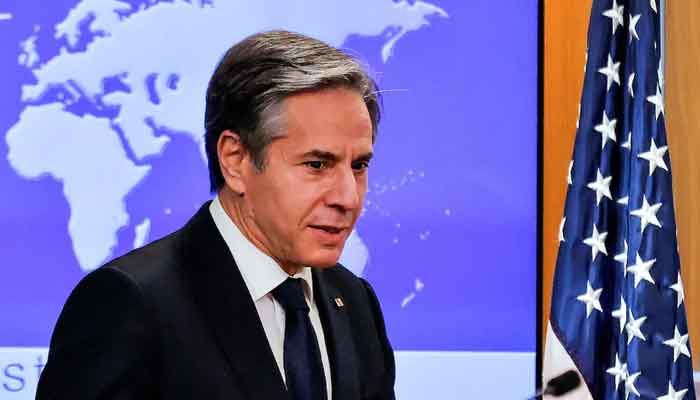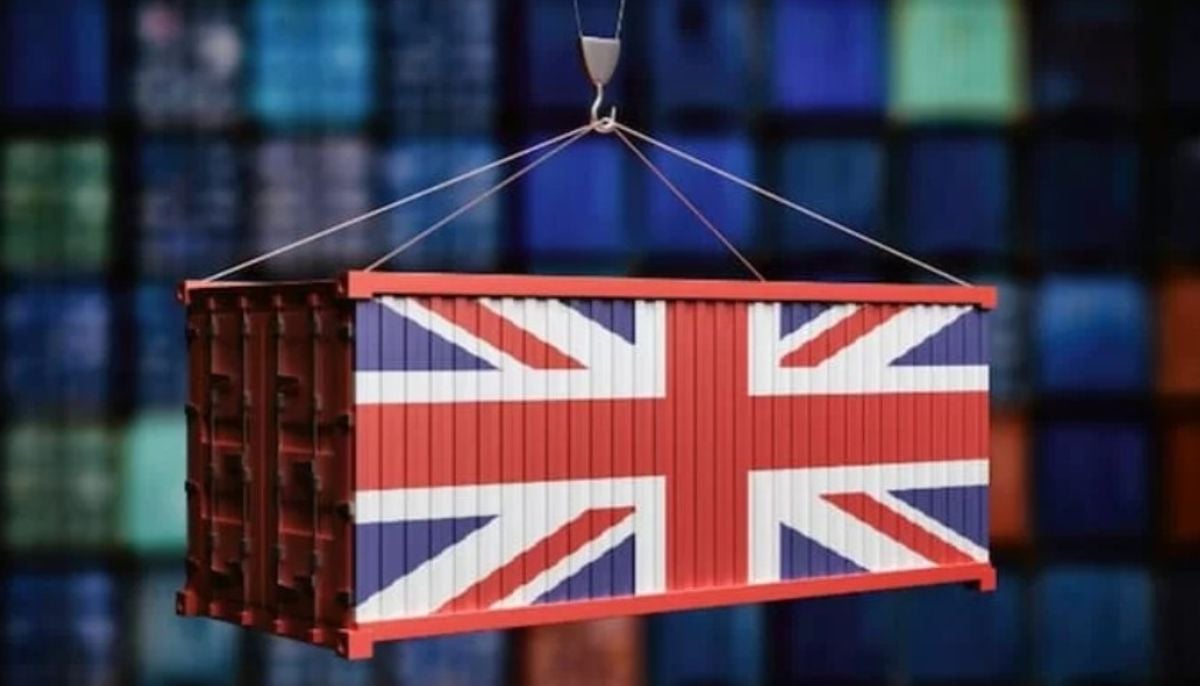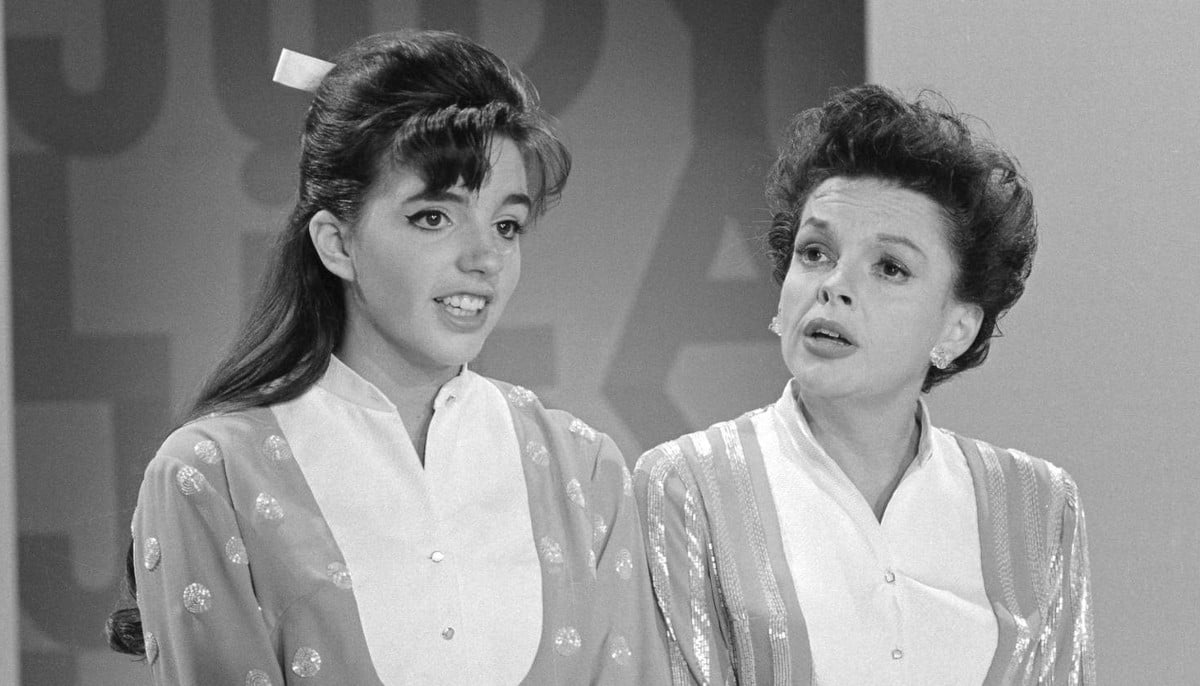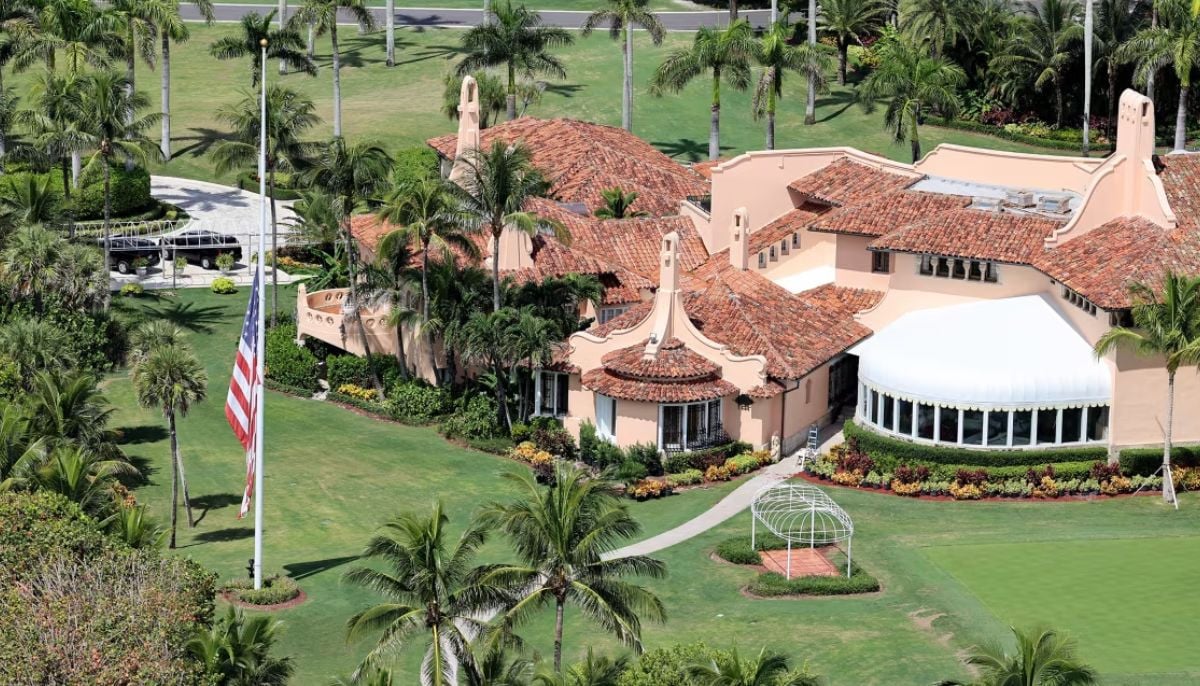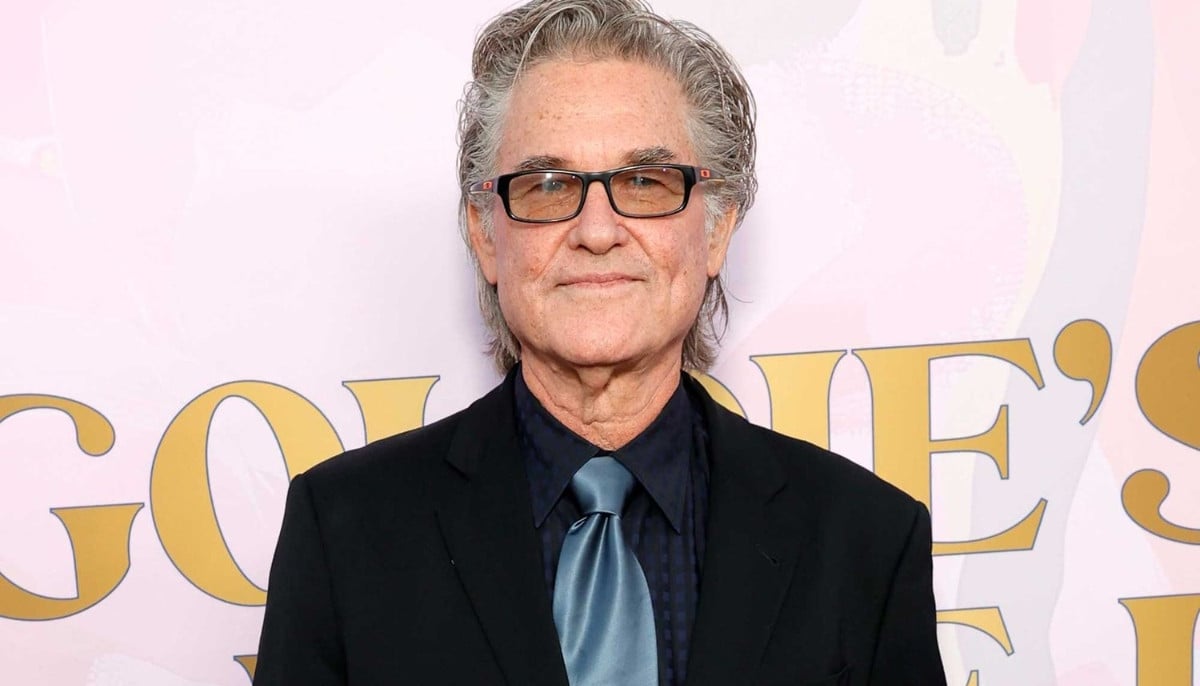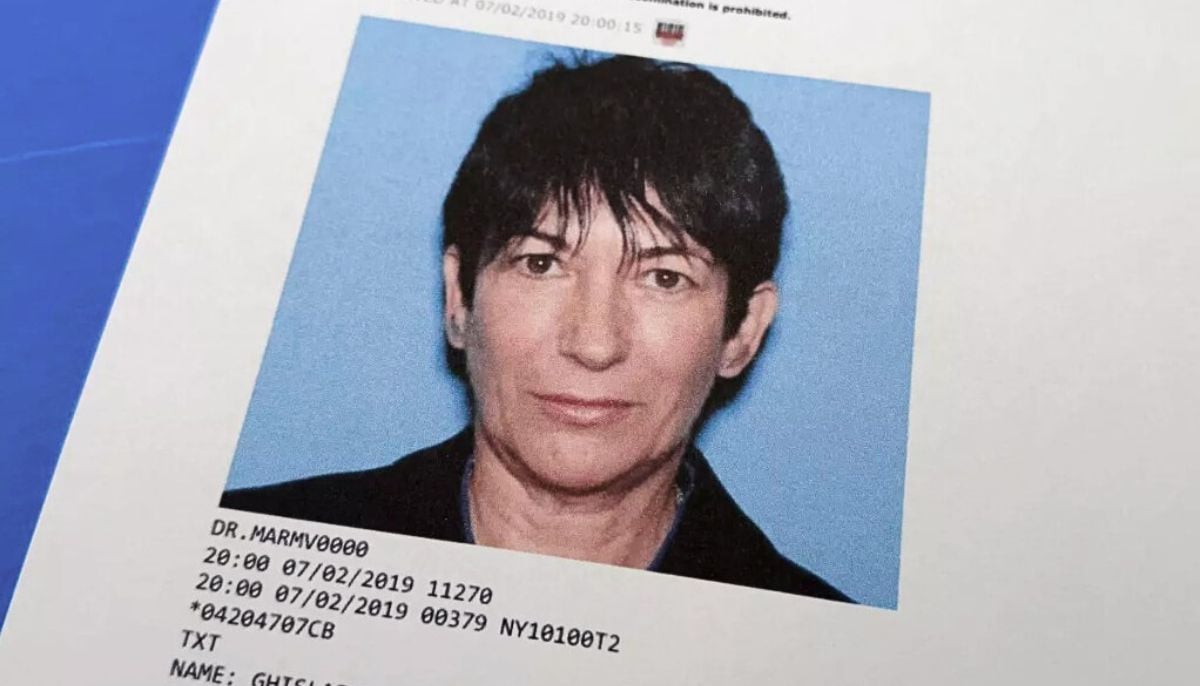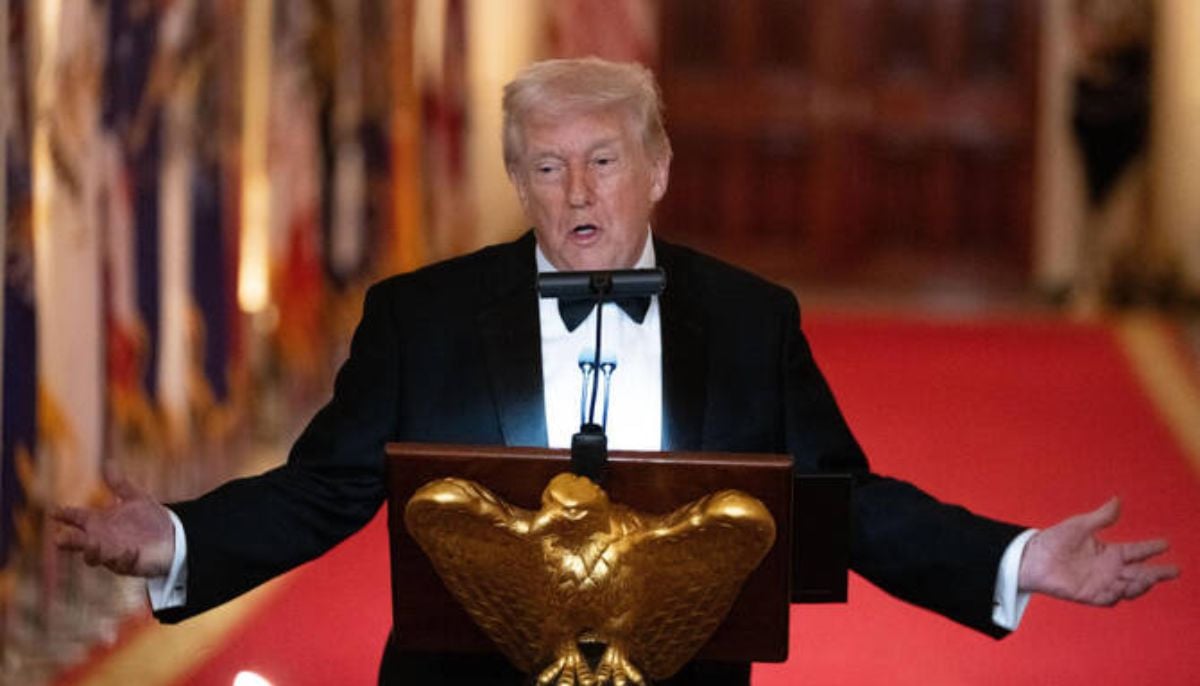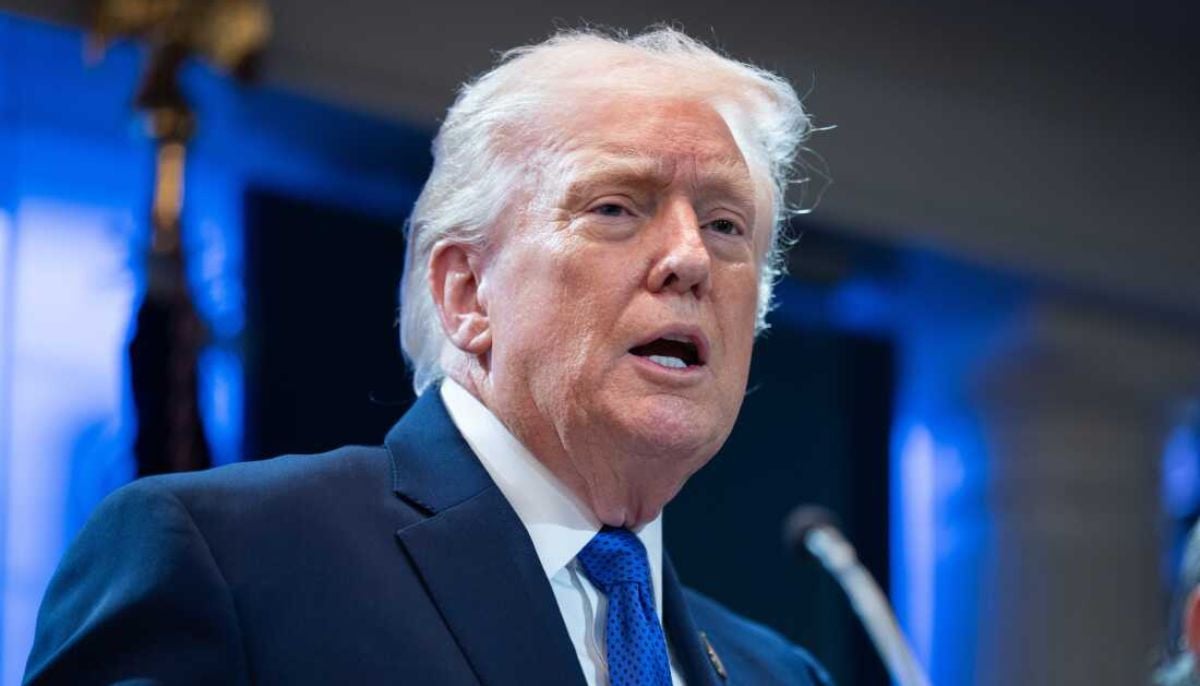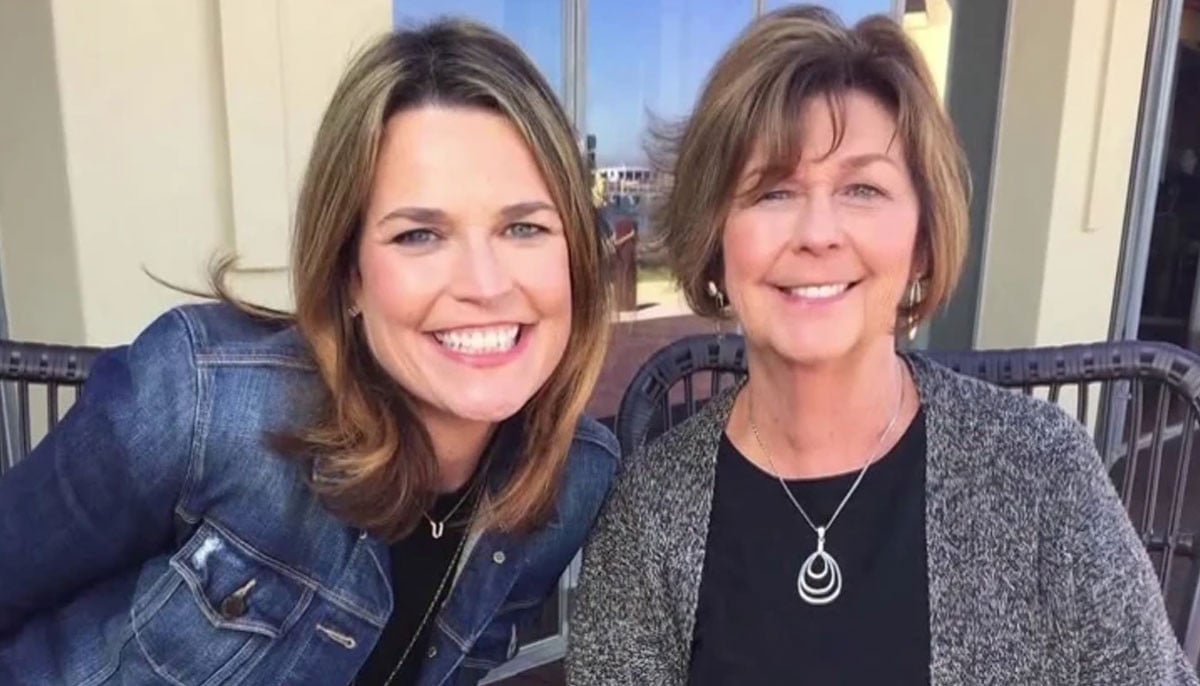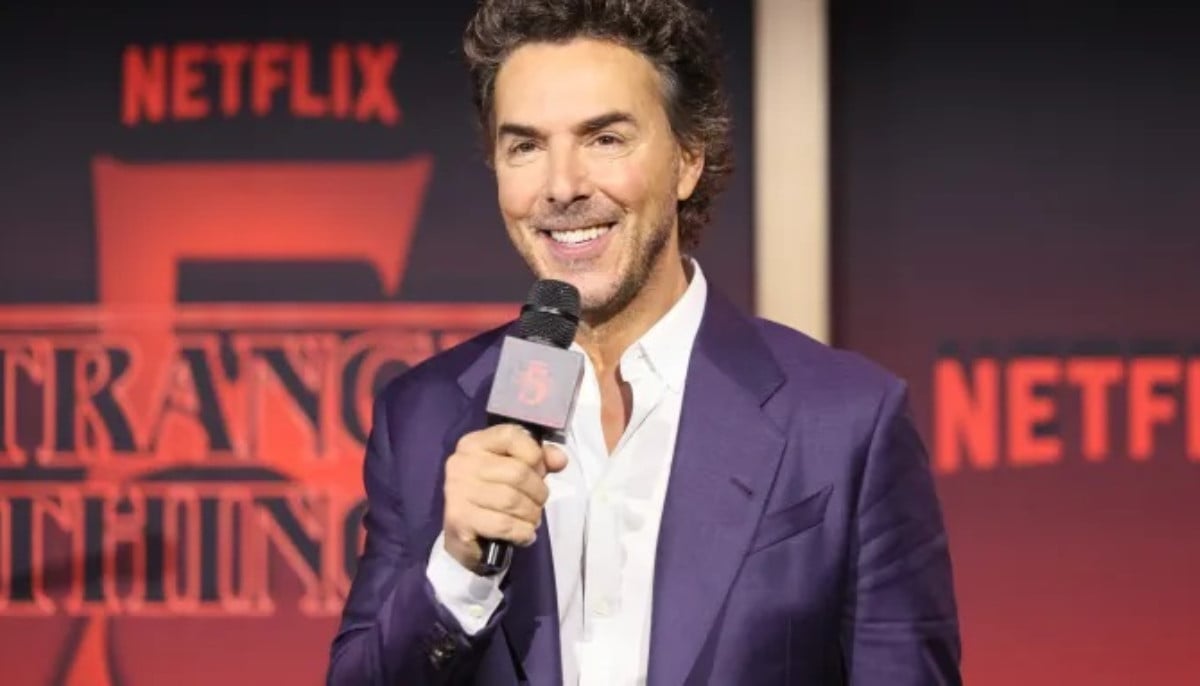Blinken to raise human rights issues during India visit next week
This will be US Secretary of State Antony Blinken's first trip to India since taking office
WASHINGTON: US Secretary of State Antony Blinken will speak next week in India about supporting Afghanistan as worries grow in New Delhi about Taliban gains amid the end of the two-decade US military mission, officials said Friday.
On his first visit to the emerging US ally since taking office, Blinken will also look to resume work together on supplying Covid-19 vaccines and explore greater security and cyber cooperation, officials said.
Blinken will meet Prime Minister Narendra Modi and Foreign Minister Subrahmanyam Jaishankar on the trip Wednesday and afterward hold separate talks in Kuwait.
Dean Thompson, the top US diplomat for South Asia, said that Blinken would welcome India's "shared commitment to peace and supporting economic development in Afghanistan," where New Delhi has pumped in some $3 billion since the US invasion overthrew the Taliban regime following the September 11, 2001 attacks.
"We expect that all the countries in the region have a shared interest in a stable and secure Afghanistan going forward and so we will certainly be looking at talking with our Indian partners about how we can work together to realize that goal," Thompson told reporters.
President Joe Biden has ordered an end to the longest-ever US war by the end of August, saying that nothing more can be achieved militarily -- despite rapid gains on the ground by Taliban insurgents.
The Taliban welcomed virulently anti-Indian extremists when the Sunni Muslim militants ruled Afghanistan from 1996 to 2001, with an Indian civilian airliner hijacked to the Taliban bastion of Kandahar in 1999.
India's enthusiastic support for the Afghan government, including helping build a new parliament building, has fueled suspicions in its historic rival Pakistan which was the main international backer of the Taliban regime.
India recently evacuated 50 diplomats and others from its consulate in Kandahar although it insisted personnel would return as soon as security improves.
- Rights to be addressed -
US and Indian governments across party lines have been building closer relations since the late 1990s as the world's two largest democracies see shared interests on a rising China, Islamist extremism and other challenges.
But Biden, in a shift in tone if not substance from his predecessor Donald Trump, as a candidate voiced subtle criticism of Modi's Hindu nationalist government over controversial steps including a citizenship law that critics say discriminates against the Muslim minority.
Thompson said the United States "will raise" human rights issues but added: "We firmly believe that we have more values in common on those fronts than we don't."
ssss
We also expect to discuss developments in the Indo-Pacific region with our Indian partners. One of the first multilateral events that President Biden hosted this year was a Quad summit with his counterparts from India, Japan, and Australia. The Quad leaders agreed on a shared vision for the region, one that’s free, open, inclusive, healthy, anchored by democratic values and respect for human rights, and where sovereignty is safeguarded. We’re working with India and other friends and partners in the region to advance this shared vision of the Indo-Pacific. Importantly, we’ll also discuss our health collaboration to combat COVID-19, including the Quad vaccine partnership that was first announced during President Biden’s Quad summit.
MR THOMPSON: Thanks, Tracey. Yeah, I think it’s fair to say that we see the relationship continuing at a very high level, and India will of course remain an incredibly important partner. We’re going to continue pursuing our global comprehensive strategic partnership, and I think by virtue of the President making the Quad and our partnership with India very high priorities right at the outset of this administration, it sets the tone for what we think we can achieve and accomplish with them, and with our other partners as well. So. I would expect to continue the dialogues that we’ve had on all those fronts.
And with respect to the human rights and democracy question, yes, you’re right; I will tell you that we will raise it, and we will continue that conversation, because we firmly believe that we have more values in common on those fronts than we don’t. And we believe India is going to be a really important part of continuing those conversations and building strong efforts on those fronts in partnership as we go forward.
The relationship with India is a strong one that has endured through administrations of all colors and stripes in the United States, and will continue to do so. So, we’re looking forward to this opportunity for the Secretary to talk with Prime Minister Modi, with EAM Jaishankar, and continue to pursue the myriad areas of common interest that we have. Thanks.
-
11-year-old allegedly kills father over confiscated Nintendo Switch
-
Police officer arrested over alleged assault hours after oath-taking
-
Maxwell seeks to block further release of Epstein files, calls law ‘unconstitutional’
-
Trump announces he is sending a hospital ship to Greenland amid rising diplomatic tensions
-
Trump announces a rise in global tariffs to 15% in response to court ruling, as trade tensions intensify
-
Savannah Guthrie mother case: Police block activist mom group efforts to search for missing Nancy over permission row
-
Shawn Levy recalls learning key comedy tactic in 'The Pink Panther'
-
Sarah Pidgeon explains key to portraying Carolyn Bessette Kennedy
